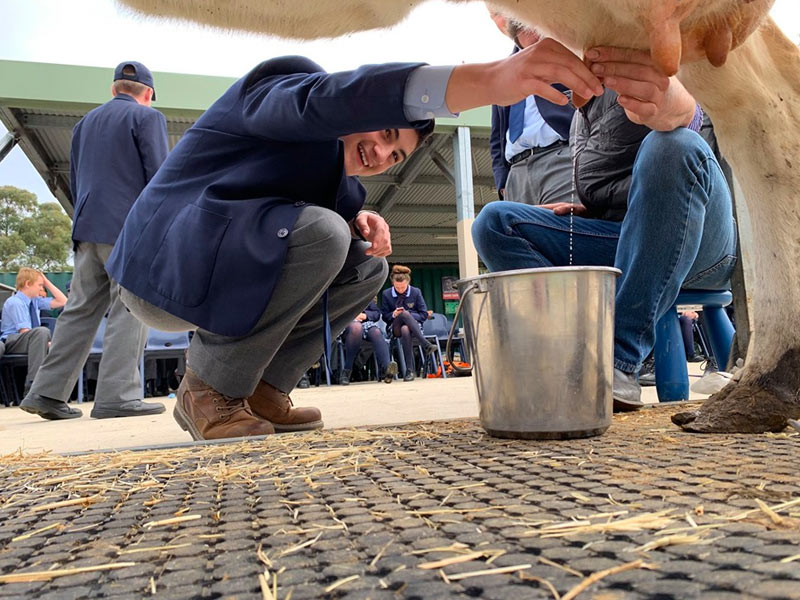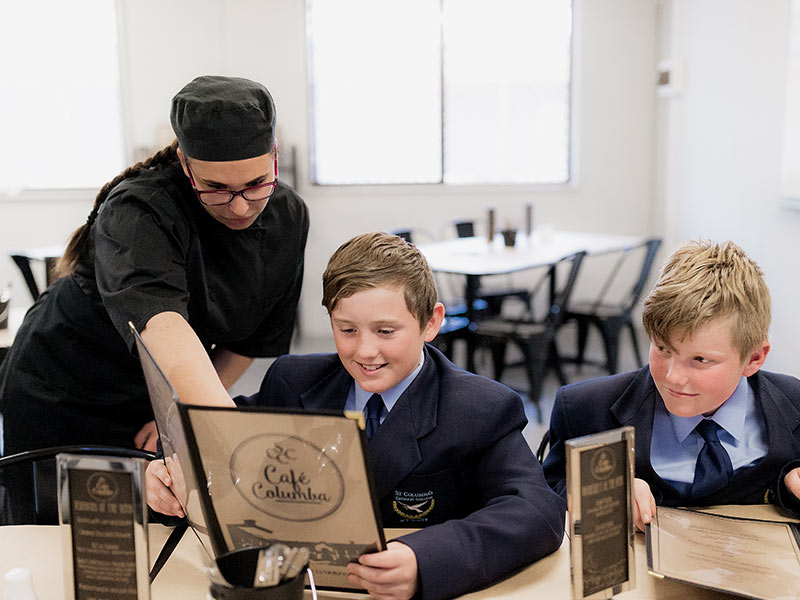Our aim is to provide students with all the latest information to help make decisions about their future career and life beyond school.
Senior students of St Columba's Catholic College can browse the information below detailing career research, University & TAFE, traineeships and apprenticeships, FAQs and private colleges.
Feel free to drop into the Careers Office if you have any questions.
Our Career Newsletters are now distributed via our Skoolbag platform.






